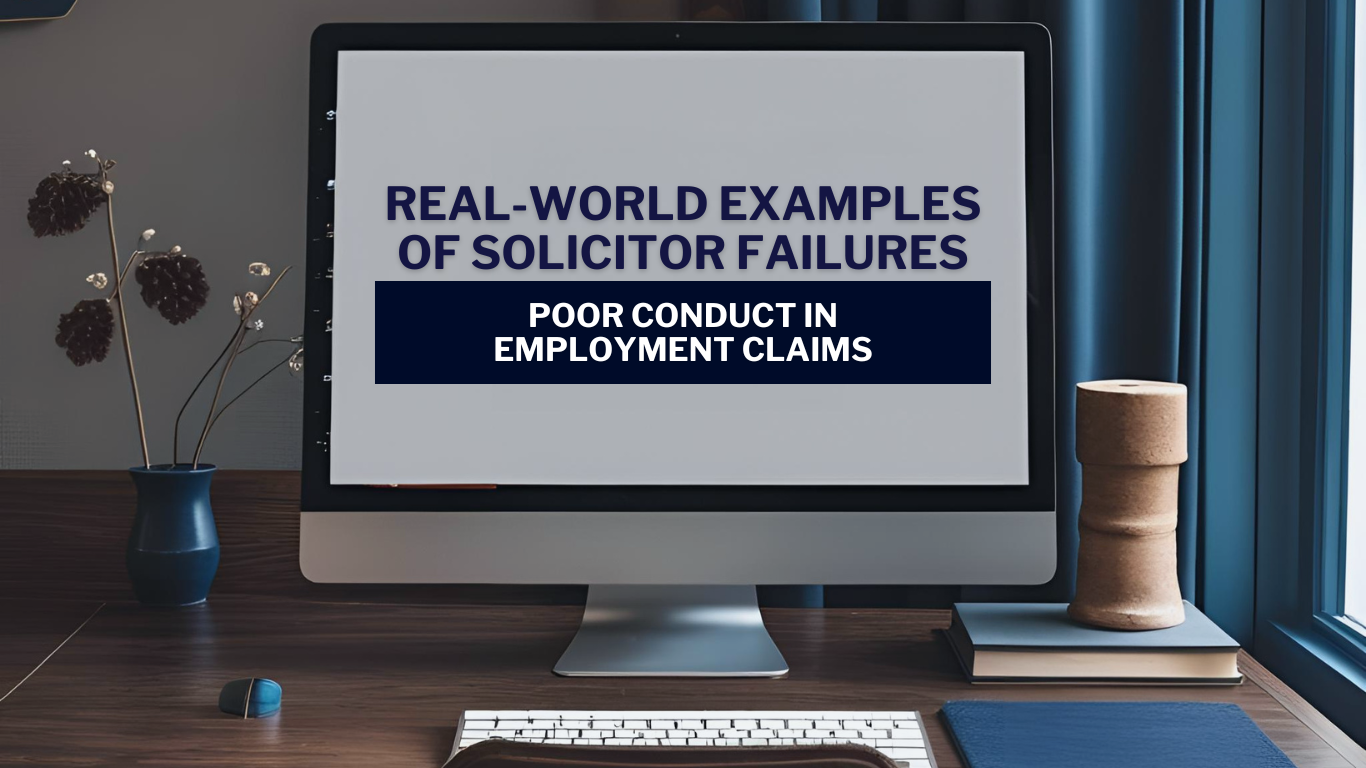By Karen Lord
•
min read


Whether buying or selling a business, our Head of Corporate & Commercial, Karen Lord has pulled together a short article to help you make sense of and focus on a few key issues...
Trust the Process
There is no way to shortcut the buying and selling of a business. If you are buying or selling, or advising those that are buying or selling, be assured that the professional advisors will be on hand to broker the deal, prepare the appropriate paperwork and highlight the risks and opportunities. Remember however, even the most straight-forward transactions have to go through a series of steps, so trust the process, don’t try to rush things and the key, like with most things, lies in the preparation. For sellers, that means getting all of your paperwork and records in shape ready for the due diligence process. There will be weeks, probably months, worth of negotiating and understanding what is being sold, so a collaborative approach which seeks the best for all parties is the best way to approach things.
What Do the Numbers Say About the M&A Market Generally?
The Office of National Statistics reports that from January to March of this year, there have been 426 domestic and cross-border M&A transactions involving a change in majority share ownership. While the number of transactions is said to be less than the previous quarter, interestingly the ONS reports suggest that while there may be fluctuations in the number of transactions, the quality/deal value seems impressive:
Did Someone say “Show me the Money”?
For potential buyers, funding is a key consideration. The unfavourable cost of borrowing has not deterred buyers however, but has merely meant that the collaborative nature of M&A deals has increased and the need to be creative when structuring deals is more important now than ever. For sellers and their advisors, it is important not to dismiss transactions which involve deferred consideration or earn-outs. Arguably, once sellers are open to this approach, the list of potential buyers will increase, giving sellers and their teams more options to consider when “shopping” for a buyer.
A Good Story to Tell?
Earlier this year Richardson Capital Advisory shared an article explaining “Why cash generation is still king” and why as Sellers, having a compelling story to share will help to drive value in the M&A transaction:
“Too often, business owners of a certain age have lost the impetus for growth. We’re set in our ways and trying to spend less time on our business rather than more.
When it comes to an exit, this mindset has created a reluctance to ensuring all of the right tools are in place for a favourable exit for your business.
Given the cooling of valuations for businesses since 2021, business owner expectations are still misaligned creating an abundance of failed exit processes and a perpetual “off-market” marketing of your business. Little do business owners know that not only does this detract from creating more value internally, but that it actually harms your ability to sell.
For many, they think its okay to just carry on as-is and plod along, but the truth is that change is needed regardless of whether you want to sell today or in 3-4 years’ time.
Today, more than ever your SME needs a story to sell investors. That story isn’t merely your brand or heritage but it’s a story about cash:
Too often, people think this story is merely something they can talk to. But now more than ever the infrastructure and plan needs to be in place. Logic, reason and a financial map is needed, as without it, not only may you not achieve the value you want but you may not be able to sell your business.”
To read the Richardson Capital Advisory article in full, click here.
And Finally…
With all of that in mind, we end back where we started. The buying and selling of a business is a process. One which takes a huge amount of effort on the part of all involved, sellers, buyers, advisors, management teams and everyone else in between. There is no shortcut, but we can certainly help to ease the pressure. The UK market is still very active and an attractive place for investment. Regardless of what the new government has in store for taxes and M&A, we will continue to support business leaders by providing responsive solutions to their needs.
If we can support you or your clients, please do contact Karen today here.
If you would like further advice on this or any other Corporate or Commercial matter, please contact Karen Lord directly below.
Get in touch